Stress Affects Your Pelvic Floor, Here’s What You Can Do.
It is no secret that our crazy world causes stress to our mind and body, but what is not as obvious is how stress affects your pelvic floor! Stress can decrease sex drive, increase pelvic pain and cause urinary leakage, just to name a few common issues! The good news is there are ways to improve your stress and pelvic floor dysfunction symptoms. Continue to read below to find out how to do just that!
How Does the Pelvic Floor Work?
The pelvic floor is an interesting muscle group in the fact that you can voluntarily activate the muscles if you choose to. However, they normally work like a trampoline, meaning the pelvic floor is a reactionary muscle group. In order for these muscles to work as they should, they must be able to lift (or contract), rest, and bulge (or lower), depending on the load or activity. Let’s see if your pelvic floor can do these functions:
Try this: sit in a chair with your back supported and feet flat on the ground.
Contract phase: Think of picking up a blueberry with your vagina and holding it for 1-2 seconds
Rest phase: Let the blueberry go and see if you can relax your pelvic floor
Bulge Phase: Gently bear down into the seat as if you were having a bowel movement
If you had a hard time feeling all 3 motions this may indicate a need for pelvic floor physical therapy!
Why Are You So Uptight?
If you are reading this during the work day, then I want you to take a second and do a brief scan of your body and notice if you are holding tension anywhere. Forehead. Jaw. Shoulders. Abdomen. Gluts. Feet. Pelvic Floor. Many times we may be holding tension in our pelvic floor due to chronic stress or past traumas. Holding our pelvic floor muscles tight for prolonged periods of time can lead to excessive tension. This then will likely cause your pelvic floor trampoline to not work as it should.
Doesn’t A Tighter Pelvic Floor Mean A Stronger Pelvic Floor?
Pelvic floor therapists get this question almost every day. Yes, you do want the ability to tighten your pelvic floor, but you want to have the ability to rest or lengthen your pelvic floor as well. Muscles are like rubber bands because they have the greatest contraction force when they are working at an optimal length. That means, if they are too tight or too loose then they won’t contract at their strongest potential. When the muscles aren’t contracting or relaxing as they should this could lead to urinary leaking, pain with intercourse, difficulty conceiving, and more.
Cortisol: Friend or Foe?
Both. Under a normal stress response, cortisol tells a cascade of stress hormones to stop producing when the experience or event is over. However, if you are chronically under stress, such as you are working full time while raising three children, then cortisol will impact your adrenal glands by causing them to shrink and produce less cortisol. This will affect your ability to appropriately respond to subsequent stressors because your body will not have enough cortisol levels to respond to the stress signals. Chronic stress can actually impede the production of sex hormones which contributes to your overall pelvic health!
What Can I Do About It?
If you are someone who is chronically stressed and finds that you do have pelvic floor issues, then don’t fear. There are steps that you can take to improve your symptoms AND your stress. Some things that you can do at home are belly breathing, going for a walk halfway through your day, and practicing yoga. One strategy you may not have heard of is taking a stress response test (HRV test). This test monitors how your body responds to daily life stressors, exercise, overall sleep health, and your ability to recover. This is something we offer at Revitalize to provide a whole-body wellness approach to our therapy services.
Interested in a relaxing yoga flow for your pelvic floor? Check out this video!
If deep breathing is more appealing to you, follow along with Dr. Mary in a guided breath-work video!
Managing stress and the pelvic floor issues that come along with it is easier said than done. However, you don’t have to do it alone or without guidance. One of the best ways to personalize how you tackle stress is by using the results of a stress response test (HRV test). If this is something that interests you, then reach out to Revitalize Physical Therapy to have your HRV test completed and seamlessly blend stress management into your pelvic floor physical therapy sessions!


